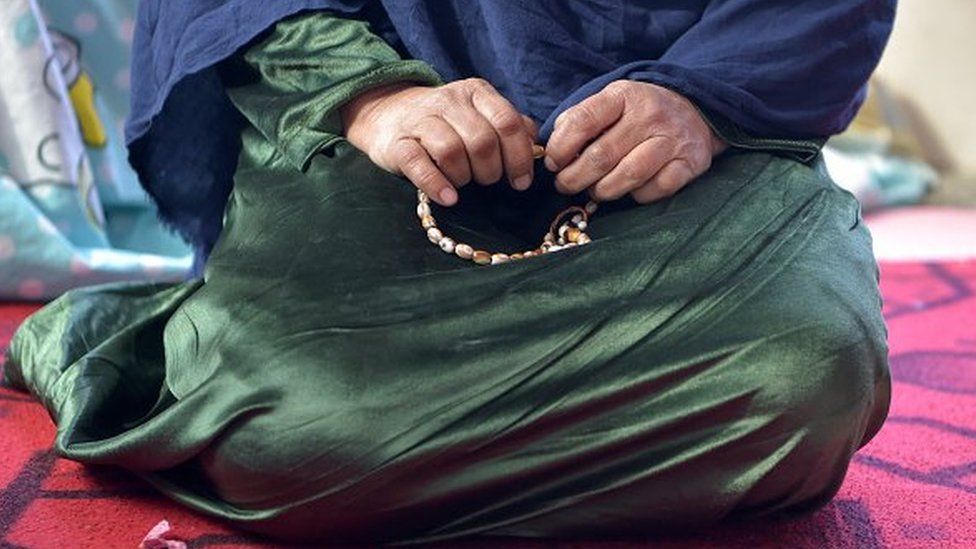-

-
-
Loading

Loading

According to a report from the United Nations, the Taliban government in Afghanistan is imprisoning survivors of women abuse under the pretense of protecting them. The report highlights the detrimental effects this practice has on the mental and physical well-being of the survivors. Additionally, the Taliban government has eliminated state-sponsored women's shelters, claiming that such facilities are unnecessary. This suppression of women's rights is considered to be among the most severe in the world. Even before the Taliban's takeover, gender-based violence against Afghan women and girls was already a known issue. However, the crisis situation caused by economic, financial, and humanitarian challenges has exacerbated these incidents. Women are increasingly restricted to their homes, making them more vulnerable to domestic and intimate partner violence. Prior to 2021, Afghanistan had 23 state-sponsored women's shelters, but these have now disappeared. Taliban officials argue that women should be with their husbands or male family members and view the shelters as a "western concept." Their proposed solution is to have male relatives take a pledge not to harm the survivor. If there are no male relatives or safety concerns, the survivor is sent to prison under the pretext of protection, similar to housing drug addicts and homeless individuals in Kabul. However, the United Nations Assistance Mission in Afghanistan (UNAMA) argues that this approach would constitute an arbitrary deprivation of liberty. Placing vulnerable women in a punitive environment would likely have negative repercussions on their mental and physical health, potentially leading to re-victimization, discrimination, and stigmatization upon release. UNAMA also criticizes the Taliban government's handling of gender-based violence complaints for being unclear, inconsistent, and placing the burden primarily on male personnel. This discourages survivors from reporting complaints, leaving them without guaranteed redress or access to justice. Despite efforts made between 2001 and 2021 to advance women's rights through legal and policy reforms, these gains have been largely erased since the Taliban regained power. They have reneged on their promises to grant women the right to work and study, limiting girls' education to primary school and barring teenage girls and women from schools and universities. Restrictions on women's activities extend to parks, gyms, and pools, while beauty salons have been closed. Women are also required to dress in a manner that covers their entire body, with only their eyes visible. Further, women must be accompanied by a male relative if they travel more than 72km (45 miles).